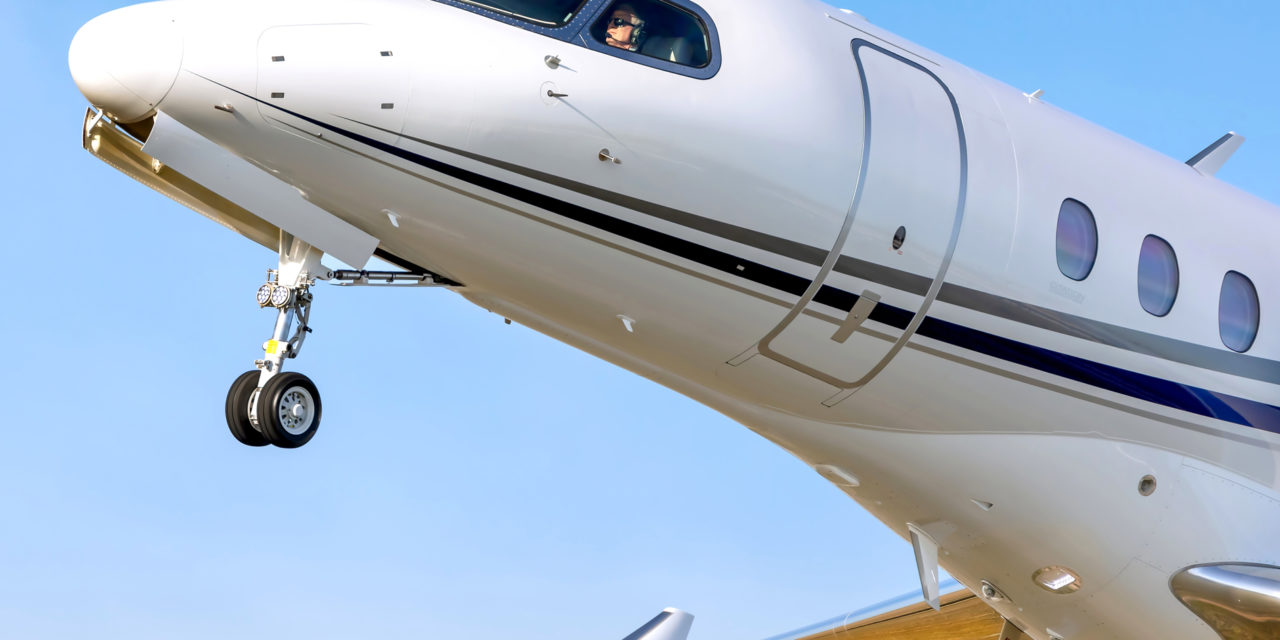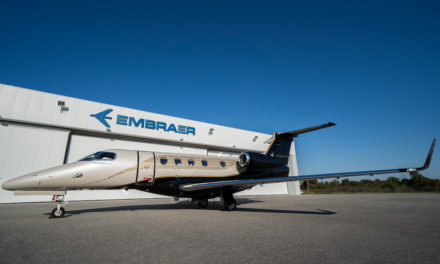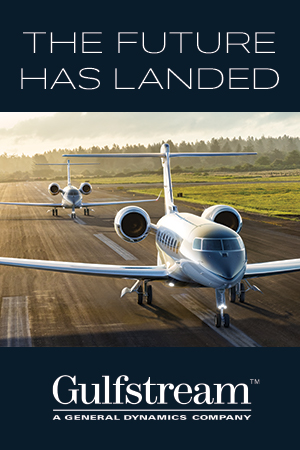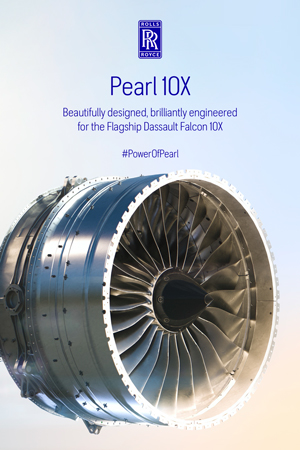Certification and training: two major issues
In spite of the constant development of this sector of activity, the business of air operations today faces two major problems: its recognition by a real certification and the structured training of the future professionals.
While the profession of operations officer remains inseparable from a good control of an operator activities, it is nonetheless the poor relation of the air sector, particularly in the field of recognition with the authorities and other players.
Certification or the establishment of a label is therefore one of the main “fight” to be conducted to regulate the practices of this sector. In the United States, the profession is recognized for a long time by the authorities and a license is required to exercise it. Europe is lagging behind. However, the EBAA – European Business Aviation Association – and the EASA – European Agency for Security Aerial – have been sensibilized to the problem on many occasions. Resolutely aware that this activity is increasingly outsourced to professional entities, they have been working for three years on developing a certification. This would be submitted in the IS-BA form – International Standard for Business Aircraft – for the “Flight Support” activity. Beyond the standardization and the evolution of the regulations of the “air operations” practices, this IS-BA label, would especially lead to the recognition of the agent of operation profession.
An ab initio training
This recognition, which is essential for the players in the air operations professions, must be used first to develop a real training for the operations officer job. Because, if the activity continues to grow in the sector, the staff professionalization remains a real brake on its sustainable development. Today, the few existing trainings include, at best, both the traffic officer and the operations agent professions. However, given my experience, these are not sufficiently qualifying, too little operational and do not meet the real needs. Because of the difficulties encountered in recruiting, some entities, including FlyOps, have already initiated drafts of a specialized training. Not because of the need to transmit their own references to the profession, but because it is currently impossible to hire real professionals from schools or from dedicated training courses. In fact, these “ab initio” trainings carried out by professionals represent an important human and economic investment. Depending on the profile recruited, with sometimes a lack of basic learning conditions (knowledge of the aviation sector, level of english, etc.), this training usually lasts from six to nine months. After this period, it is acceptable to consider that this internally trained staff is now autonomous on the position he has to occupy. Indeed, because of the often long hours (H24 – 7/7) and night work or during the weekend, autonomy is a quality and an essential asset for this quite unusual job.
Loyalty
Ultimately, the answer can come only from companies specialized in air operations. The urgent answer is to implement a structured training process, including through learning in coordination with air operations companies, to meet the expectations of this sector. This must allow the applicant to choose his sector of activity (traffic or operations officer) in order to bring him to the operational level needed to directly integrate his profession. Once in post, it is also imperative to propose yearly improvement modules, not only for new entrants, but also for all professionals during their activity. It is important to keep these teams. Here again, the company is ambitious because it is linked to a hard job. If the salary must be in adequation with this demanding profession, it remains nevertheless true that the recognition of this sector by all the the business aviation actors is essential to the professionalisation of this particular activity.
FLYOPS
74 Rue Georges Bonnac,
33000 Bordeaux
+33 5 57 85 81 11
www.flyops.net









